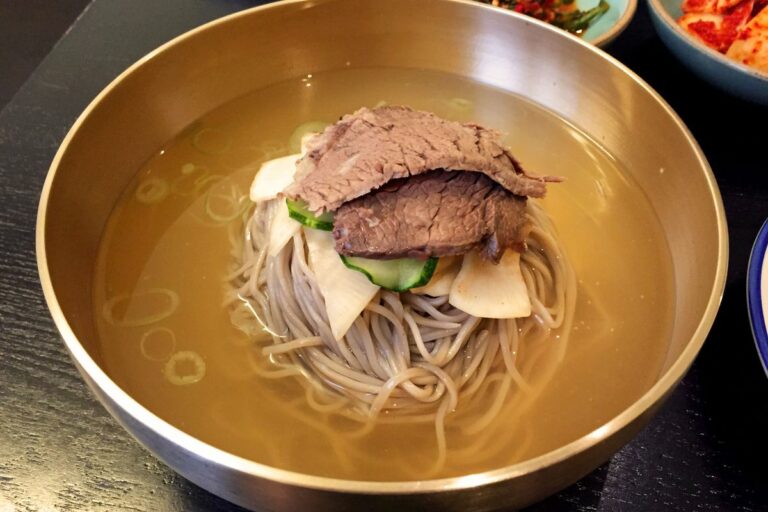Introduction: Political Climate in North Korea
North Korea is a country notorious for its secretive and authoritarian political system. Under the leadership of the Kim dynasty, the country has been subject to numerous international sanctions and has faced economic difficulties over the years. The political climate in North Korea has had a significant impact on the country’s food system, with food shortages and government control over food distribution being some of the most notable effects.
Food Shortages in North Korea
North Korea has been facing severe food shortages for decades, with millions of people reportedly suffering from malnutrition and starvation. The reasons for these shortages are complex, with factors such as natural disasters, poor agricultural practices, and economic sanctions playing a role. However, the political climate in North Korea has also contributed to the problem. The government’s focus on military spending and nuclear development has resulted in limited resources being allocated to agriculture, leading to food production falling short of demand.
Government Control over Food Distribution
The North Korean government exercises strict control over food distribution in the country. The government operates a rationing system, where citizens are entitled to a certain amount of food each month, depending on their occupation and status. However, the government’s control over food distribution means that the availability of ingredients can be extremely limited. The government prioritizes the distribution of food to the military and the political elite, leaving many ordinary citizens struggling to access even the most basic ingredients.
Traditional North Korean Cuisine
North Korean cuisine is known for its unique flavors and ingredients, with dishes such as kimchi, naengmyeon, and jajangmyeon being popular both inside and outside the country. Traditional North Korean cuisine is heavily influenced by the country’s geography and climate, with ingredients such as rice, corn, and seafood being staple foods. However, the current political climate in North Korea has made it difficult for many North Koreans to access these ingredients.
Changes in North Korean Cuisine Due to Political Climate
The political climate in North Korea has led to significant changes in the country’s cuisine. With food shortages and limited access to ingredients, many people have had to adapt their diets to survive. For example, some people have turned to foraging for wild foods, while others have begun to eat more protein-rich foods such as insects and rodents. Additionally, the government has started to introduce new foods into the rationing system, such as soybean paste and powdered milk, in an attempt to address the country’s nutritional deficiencies.
Conclusion: The Future of North Korean Cuisine
The future of North Korean cuisine remains uncertain. The political climate in the country shows no signs of improving, and food shortages are likely to persist for the foreseeable future. However, the resilience and creativity of the North Korean people have resulted in the emergence of new dishes and flavors, even in the face of adversity. While traditional North Korean cuisine may be under threat, the country’s cuisine will undoubtedly continue to evolve and adapt as its people navigate the challenges of daily life.

